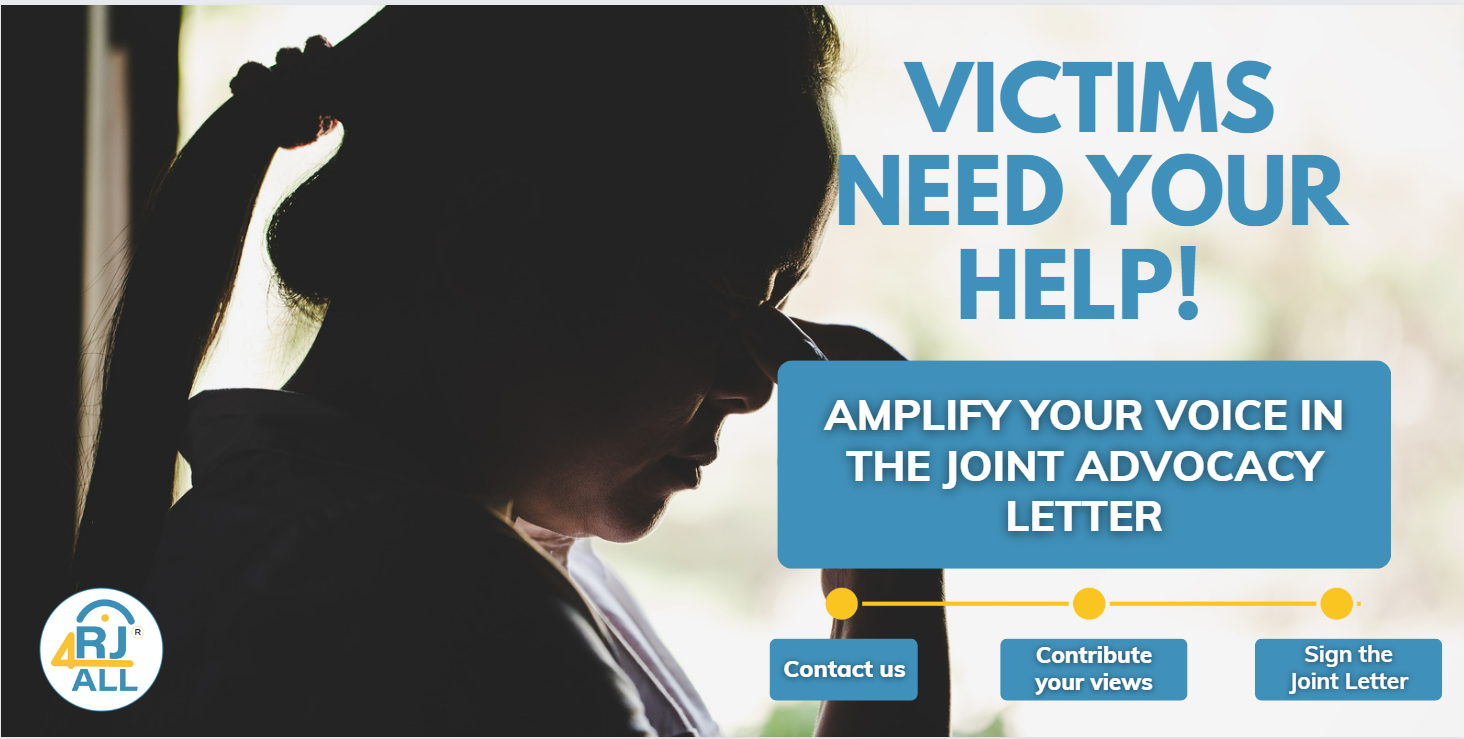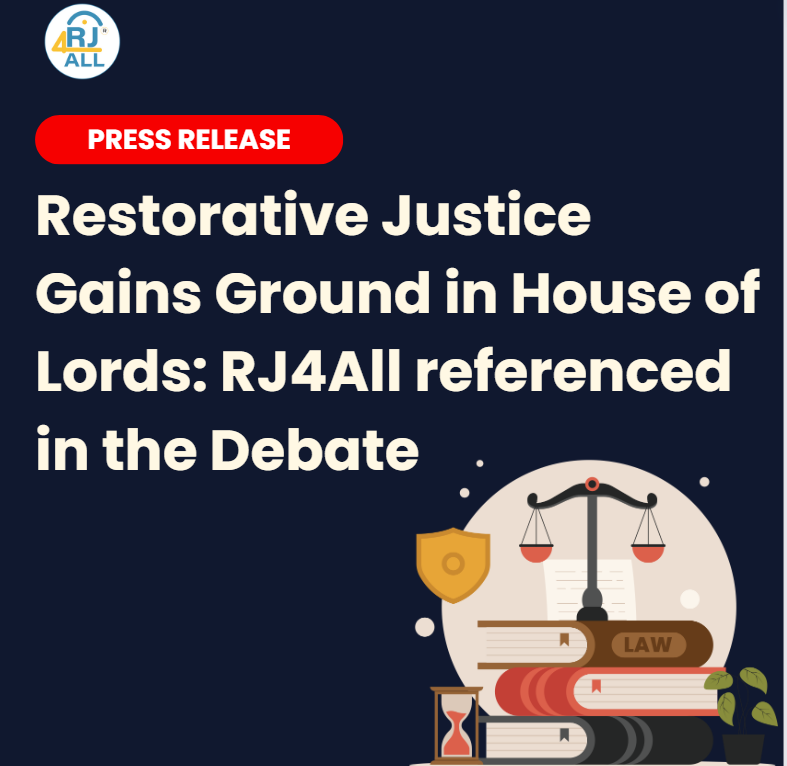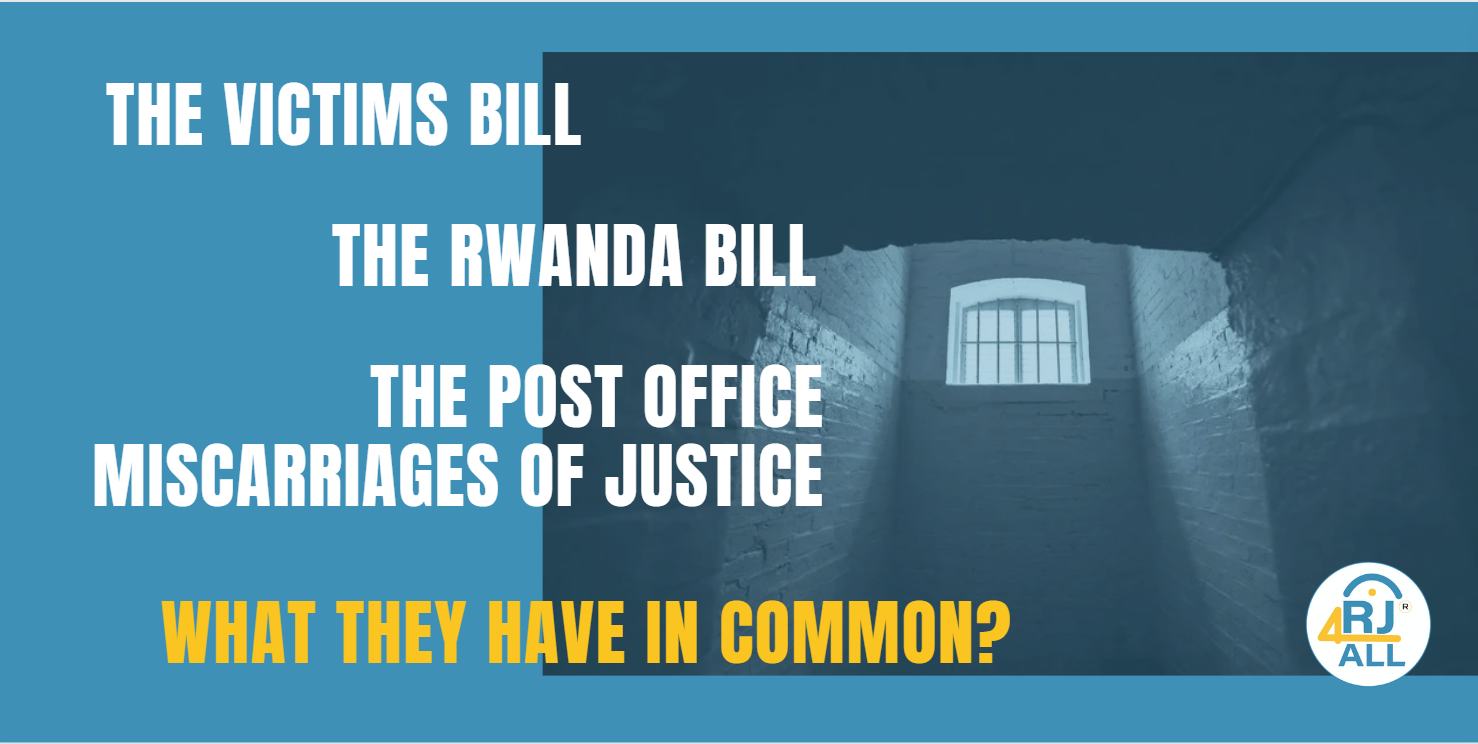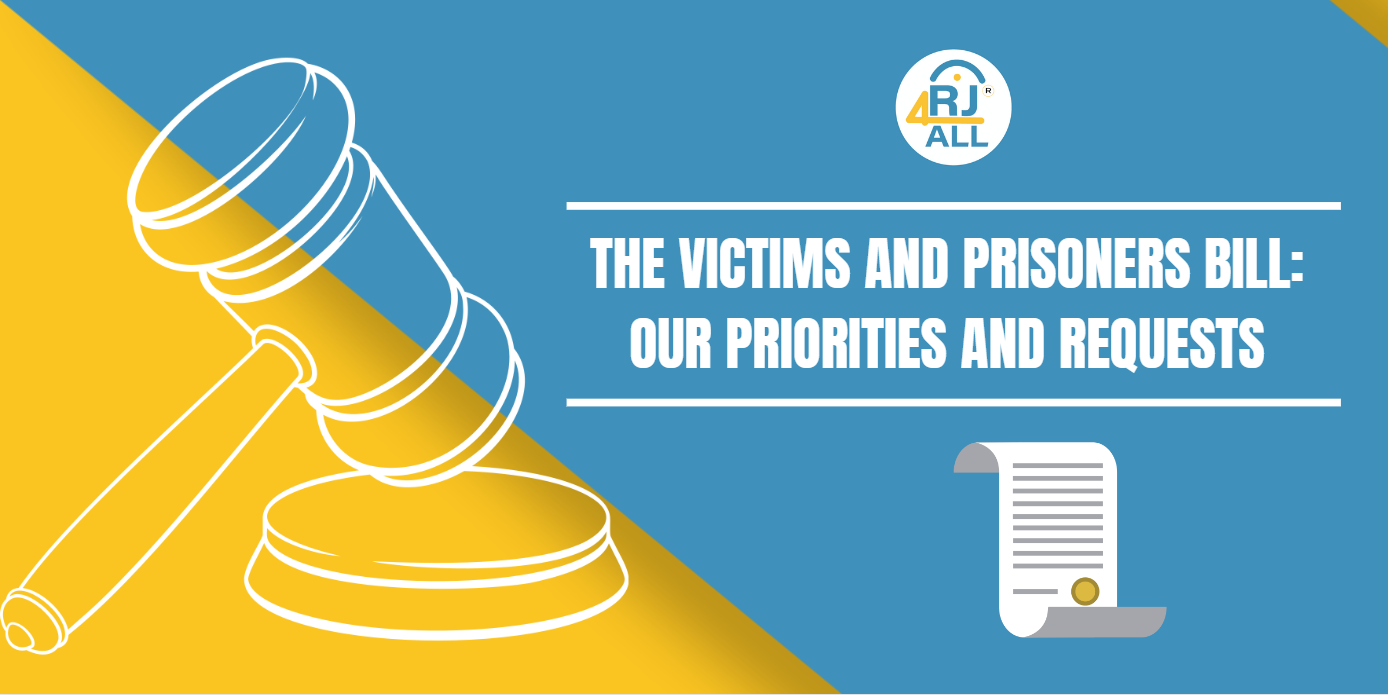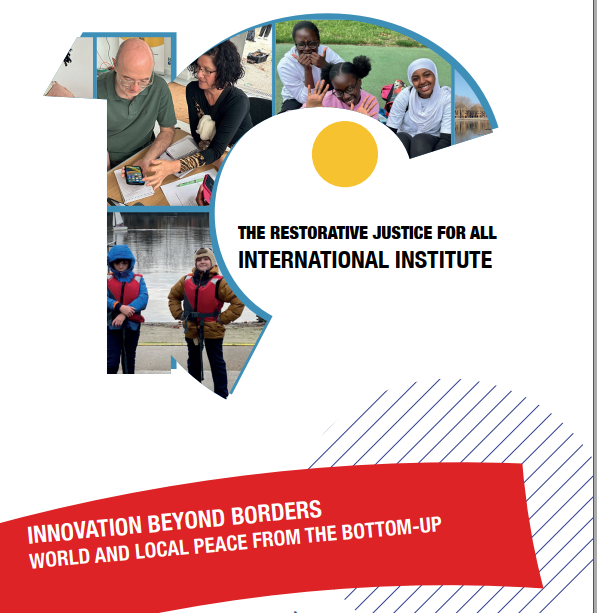Response to the Mayor of London consultation on the Police and Crime Plan 2021-25
OPEN LETTER TO THE MAYOR OF LONDON
Thank you for the invitation to feed directly into your Plan. The Restorative Justice for All International Institute (RJ4ALL) is focusing this submission on issues that I believe will complement other submissions, while using evidence from our existing and past projects as an international research institute that runs a London-based community centre. I have prepared this submission through a combination of lived experiences as a Londoner and as the founder and director of RJ4All. While my researchers supported me by collating data for your consultation, I also used my own experience having run three London NGOs in the last 20 years, all of them focusing on reducing violence in the capital while increasing community cohesion.
We are grateful for the many improvements that you have made over the last few years, and RJ4All has been in close communication with VRU. We were shortlisted for the My Ends programme, but were not successful. We have also been part of your Shared Endeavour initiative, but were rejected twice for a grant. This of course did not stop us from implementing restorative justice in our local area and indeed internationally.
Since 2020, we have become the managers of the Rotherhithe Community Centre and it is my ambition that over the next four years I develop the SE16 area to become the first London restorative post code. This submission aims to bring this to your attention along with evidences that you might find useful for your new Plan. It is our hope that our work as crime prevention and community cohesion NGO will support your vision. It is also our hope that we will be able to work closer with your office.
Our work simply aims to turn the current, dominant Risk Need Responsivity (RNR) punitive model on its head. Instead of “managing” people as “risks”, our research and programmes focus on promoting the talents and strengths of vulnerable people and through this approach help develop positive identities. This is particularly true for young people and we noted that this is one group that your plan prioritises. Through our projects we apply a holistic and constructive approach in considering how young people at risk might identify and work towards a way of living that is likely to involve the goods we seek in life, as well as a positive way of living that does not involve or need crime.
The overcrowded prisons and the inhumane conditions to which young people and children are subjected, the increasing number of suicides by young prisoners internationally, the high rates of reoffending and the rising costs of incapacitation as a policy and a philosophy for crime control are some of the factors that populists quote in their search for more attractive solutions. Since most governments are determined to cut down their national deficits by any means possible, this presents a unique opportunity to rethink existing strategies within the criminal and youth justice systems. And I emphasise the word within.
Our programmes are based on Gavrielides' restorative justice model, which is a psychosocial intervention aiming to increase resilience and prevent anti-social behaviour. Prof. Gavrielides has been piloting this model through various pilots in the community, schools, prisons, universities and online. One such project was the Southwark Council funded “My Voice – My Future”. Instead of “managing” people as “risks”, the model focuses on promoting talents and strengths and through this approach help develop positive identities. This is captured as the Good Lives Model (GLM) articulated through the values and practices of restorative justice including power sharing, dialogue, fairness, equality and autonomy. The model works towards a positive, growth-oriented change in life where a young person works on the development of the values, skills and resources towards life based on human goods.
Restorative justice and GLM-based preventative initiatives can take place through both formal and informal routes. They can promote counter-narratives and alternative role-models based on tolerance and democracy. However, it takes an exceptional level of honesty, integrity and moral judgment to help young people explore their own beliefs without imposing our own. A key underlying value of restorative justice is power sharing. This must be pursued at all levels when engaging with young people and Londoners. We are yet to see this from your office and Plan.
Furthermore, as the evidence of our programmes show, restorative justice is widespread, but piecemeal, inconsistent and sometimes invisible. Restorative justice is also characterised by numerous implementation barriers and definitional ambiguity. While there is thorough evaluation of restorative justice with certain offences, in others areas, including its application within prisons, the evidence is still accumulating. The limited data suggests, however, that the restorative justice practice – and most importantly the values underlying its ethos – are able to provide answers that many psychologists, criminologists, social workers and prison staff have strived to find. As one young offender said: “Punish me now – and I won’t do that again today … Teach me how not to offend and I am sorted for a lifetime”
Our response also aims to bring to the forth the issue of race and discrimination. Having worked in the BAME sector as well as through my research on race, I have concluded that to truly have a debate on race, first there needs to be an acknowledgement that such a debate is needed. Are we truly ready to have this debate? I fear for yet another “ticking box” review, having observed the many inquiries that followed the Stephen Lawrence murder. Let me explain: Many have argued that the “Trojan horses of race” (Kang, 2005) make it difficult for the white decision-maker to overcome the implicit bias that is ingrained against racial minorities notwithstanding sincere self-reports to the contrary. This sub-conscious resistance is also experienced from non-white groups.
This submission assumes an acceptance of the term ‘race’ within a sociological understanding. This might indeed be a challenge for some who seem to be focused on a ‘black’ interpretation of the term (Gavrielides, 2021). In my view, focusing exclusively on black communities does not fully reflect the impact of power structures that affect us all, and indeed on how society uses the term ‘race’ to refer to all those affected by such dynamics. (Let me be clear that specialist services and focused research and programme must continue in order for practices and policies to be effective).
It is the power structures within our society and our criminal justice system that I want to bring to the forth. Putting our emphasis on bringing balance to the power structures that racialize us all and cause pain, suffering and discrimination in public services (and the criminal justice system), we find alternative ways of delivering fairness. That is why for the last 21 years I have been a student of restorative justice, a concept and a practice that has been revived in the hope of bringing balance between the state and the parties in conflict (victims and offenders). The restorative process demands power-sharing that is based on the premise that all parties in conflict are equal in the identification of harm, and in reaching an agreement for restitution (Gavrielides, 2014).
Over the last few years, we have seen an unpresented interest by our government in restorative justice. This interest is welcomed, but the policies and funding that have resulted from it are deeply concerning. I have provided evidence to this effect expressing my view that the top down support that has been provided reproduces the power structures that the very notion of restorative justice was meant to address. Notwithstanding, restorative justice will continue to be delivered by communities with or without formal support. I ask that you look into the potential of these programmes as well as other user led and user focused practices that are scrutinised by BAME individuals and their sector. There are examples that we have identified aiming to shape a probation system that is informed and quality controlled by users including those from BAME backgrounds.
Relinquishing power within the current philosophy of adversarial justice and economics is in itself a challenge. Relinquishing power within a system that is challenged by the implicit biases and ‘Trojan horses of race’ is an even more complex matter. I acknowledge the difficult task that you are undertaking. The RJ4All International Institute is at your disposal should you require clarifications and further evidence. As a membership organisation we also aim to share this submission with our members and database subscribers. We would also be happy to share any response that you might have to what we have proposed.
Dr. Theo Gavrielides
RJ4All Founder and Director
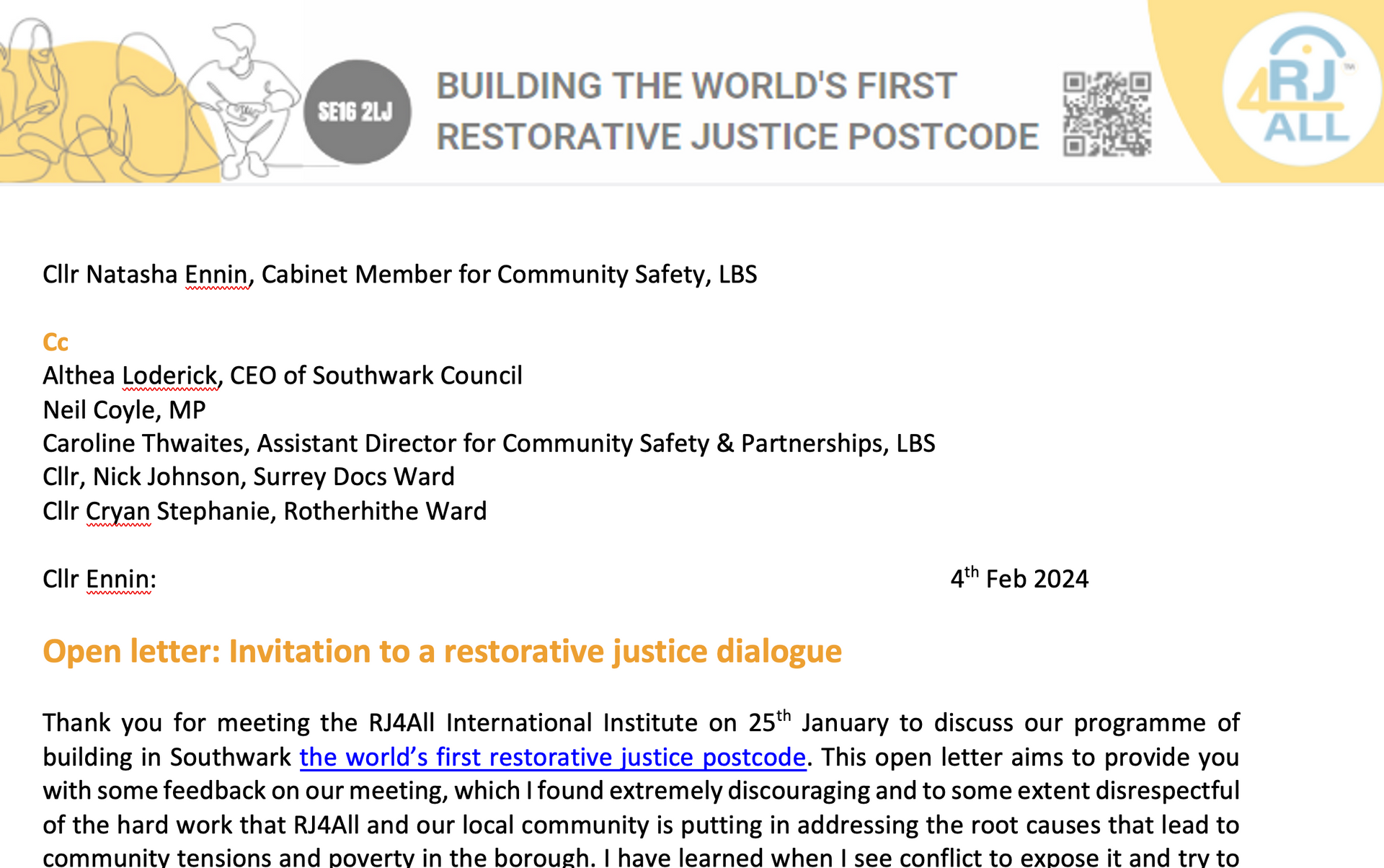
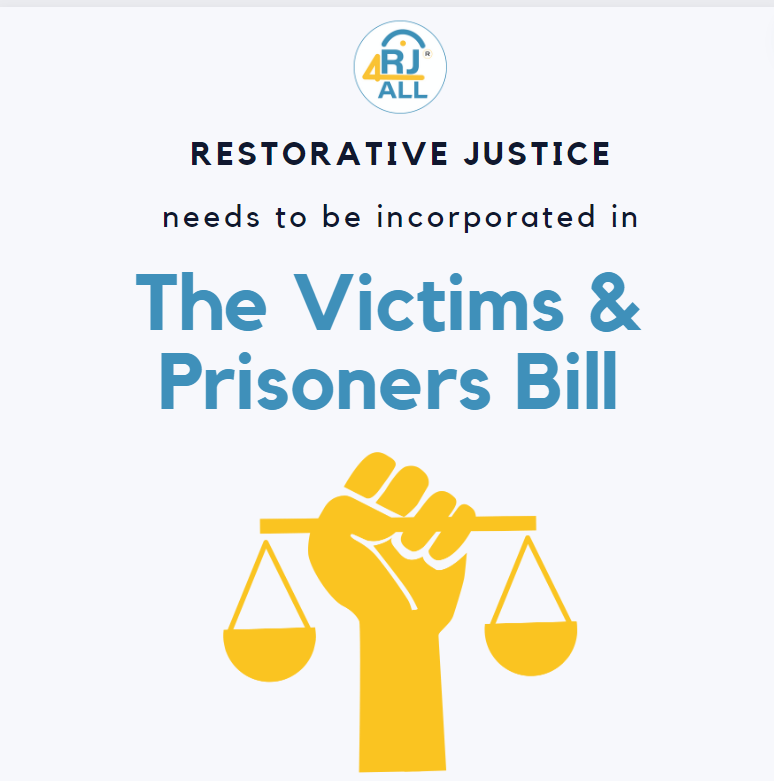

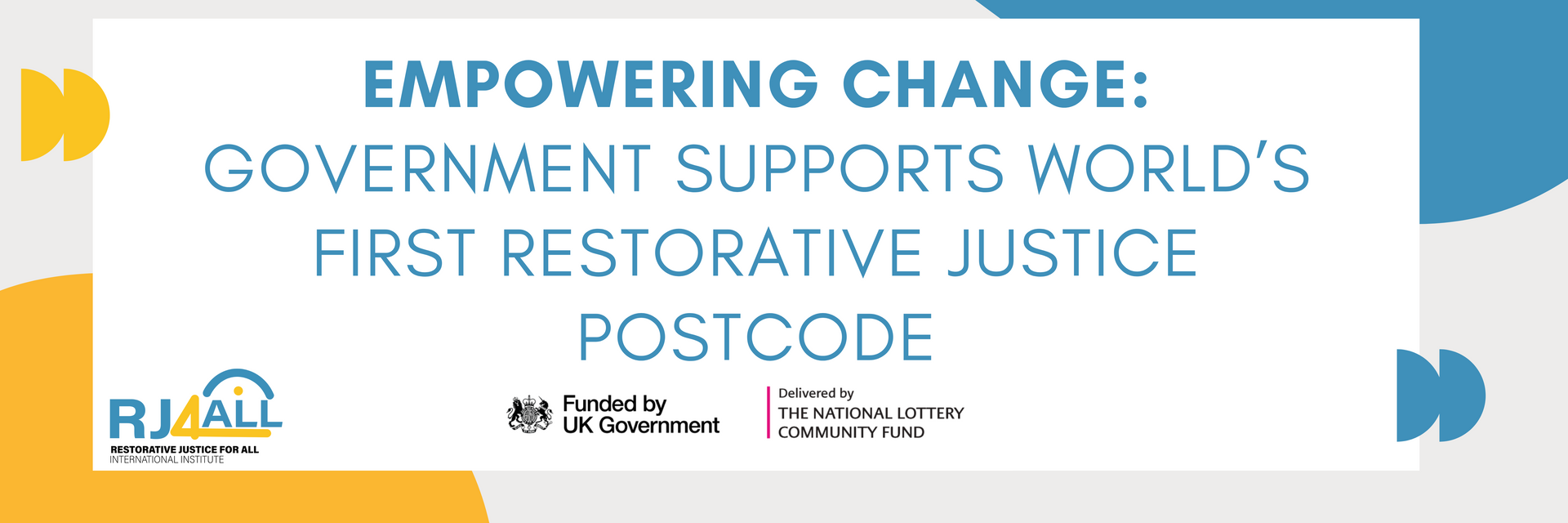

Restorative Justice for All International Institute (RJ4All)
The RJ4All Rotherhithe Community Centre, 30 Plough Way London SE16 2LJ, UK
admin@rj4all.org | +44(0)7708758600 or 07795678904
